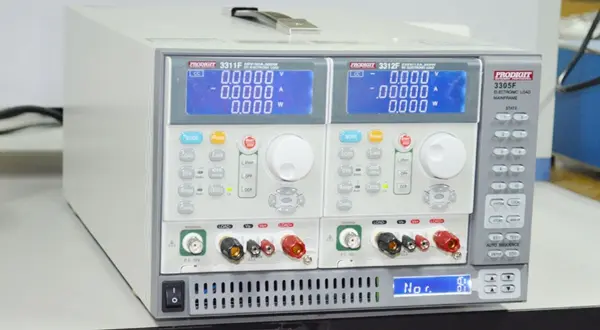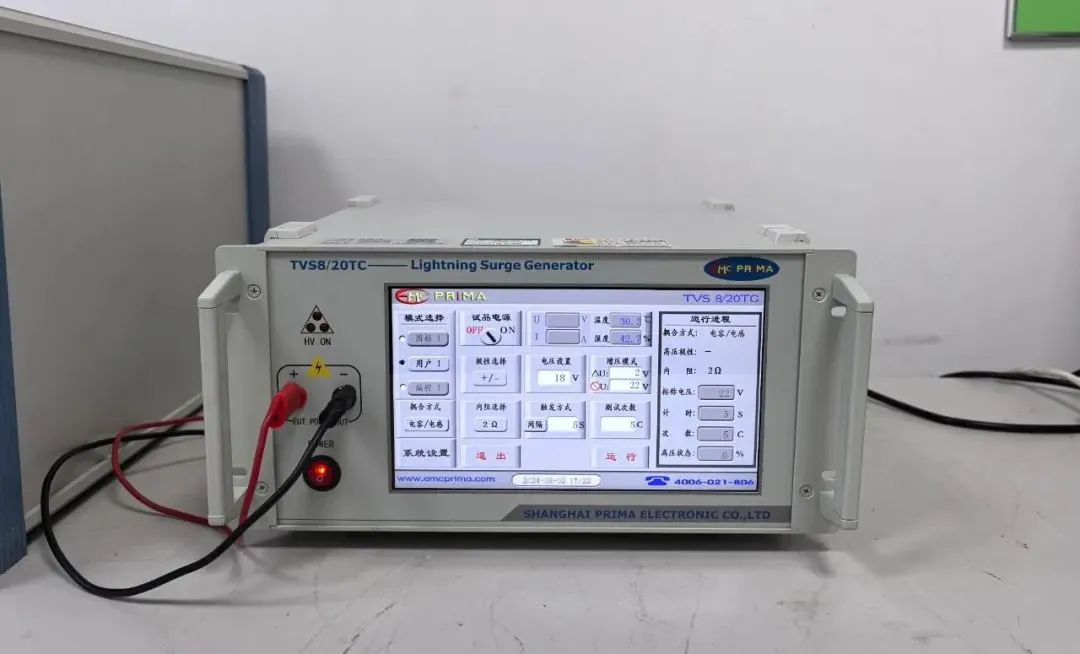
RoHS Labeling Requirements
What does RoHS Compliance mean?
RoHS is an acronym for "Restriction of Hazardous Substances."
The current EU RoHS regULation is Directive 2011/65/EU and its amendments, which limit the use of certain hazardous substances in electrical and electronic equipment.
It is also known as the "recast" or RoHS 2, replacing the original RoHS Directive 2002/95/EC. Since then, the RoHS Directive 2011/65/EU has undergone numerous amendments.
One of these amendments is the Commission Delegated Directive 2015/863, which amended Annex II of Directive 2011/65/EU by adding four phthalates to the restricted substances list.
Because this amendment is significant, it is commonly referRED to as RoHS 3 in literature. However, in practice, we are still under the EU RoHS 2.0 2011/65/EU standard.
RoHS imposes concentration limits on the following substances in electrical and electronic equipment:
- Lead (Pb) and lead compounds: < 0.1% or 1000 ppm
- Cadmium (Cd) and cadmium compounds: < 0.01% or 100 ppm
- Mercury (Me) and mercury compounds: < 0.1% or 1000 ppm
- Hexavalent chromium (Cr6+) and hexavalent chromium compounds: < 0.1% or 1000 ppm
- Polybrominated biphenyls (PBBs): < 0.1% or 1000 ppm
- Polybrominated diphenyl ethers (PBDEs): < 0.1% or 1000 ppm
From July 22, 2019 (or for product categories 8 and 9 from 2021), the following four phthalates were added to the restricted substances list under Delegated Directive 2015/863:
- Butyl benzyl phthalate (BBP) – CAS #85-68-7: < 0.1% or 1000 ppm
- Di-n-butyl phthalate (DBP) – CAS #84-74-2: < 0.1% or 1000 ppm
- Di(2-ethylhexyl) phthalate (DEHP) – CAS #117-81-7: < 0.1% or 1000 ppm
- Diisobutyl phthalate (DIBP) – CAS #84-69-5: < 0.1% or 1000 ppm
Other Hazardous Substances Under Evaluation:
Seven potential RoHS hazardous substances are being assessed and may be added to the european rohs list in the future:
1. Beryllium and its compounds
2. Cobalt dichloride and cobalt sulfate
3. Antimony trioxide
4. Indium phosphide
5. Medium-chain chlorinated paraffins (MCCP)
6. Nickel sulfate and nickel ammonium sulfate
7. TetrabromoBISphenol A (TBBP-A)
MCCP and TBBP-A used in plastics have already been pre-approved for inclusion in the RoHS substance sequence, with this revision to be implemented after 2023.
Equipment Categories Covered by EU RoHS:
1. Large household appliances
2. Small household appliances
3. IT and telecommunications equipment
4. Consumer equipment
5. Lighting equipment
6. Electrical and electronic tools
7. Toys, leisure, and sports equipment
8. Medical devices
9. Monitoring and control instruments, including industrial monitoring instruments
10. Automatic dispensers
11. Other electrical and electronic products not covered by the above categories
Additionally, we strongly recommend conducting a risk assessment of your Bill of Materials (BOM) or parts list according to the IEC 63000 standard, "Technical Documentation for the Assessment of Restrictions of Hazardous Substances in Electrical and Electronic Products."
It is important that the BOM being assessed includes not only electronic components but also all parts or materials used to manufacture your product, including:
- Solder
- Coatings, pastes, and paints
- Hardware, screws, and nuts
- Buttons
- Fans
- Custom parts
- Screens
- Cables
- Connectors
- PCBs, bare boards
- Labels on devices
- Chassis, enclosures, etc.
In other words, you must consider everything that constitutes your product, except for batteries, packaging, and... software! There are specific regulations concerning heavy metals related to battery and packaging compliance.
Does the U.S. require companies to perform ROHS Testing?
Although there are currently no federal RoHS regulations in the U.S., some states, such as California and New Jersey, have enacted RoHS-like regulations.
Nevertheless, the U.S. Environmental Protection Agency (EPA) continues to regulate hazardous substances through the Toxic Substances Control Act (TSCA).
RoHS-like regulations outside the EU and the U.S. include:
- China RoHS
- EAEU RoHS (Russia and other countries)
- UAE RoHS
- Turkey RoHS
- Taiwan RoHS
- South Korea RoHS
- Ukraine RoHS
- Brazil
Therefore, if you design electrical or electronic products intended for global sale, you will most likely need to comply with RoHS. Choosing materials and parts that meet the highest EU RoHS standards will always be more cost-effective.
China JJR Laboratory provides ROHS certification compliance services and welcomes your samples for testing.
Email:hello@jjrlab.com
Write your message here and send it to us
 What is IEC 62052 for Electrical Energy Measuring
What is IEC 62052 for Electrical Energy Measuring
 Australia LoRa Band 915-928 MHz RCM Compliance
Australia LoRa Band 915-928 MHz RCM Compliance
 What Are the Compliance Certifications for VHF Pro
What Are the Compliance Certifications for VHF Pro
 Which Products Require WERCS Registration?
Which Products Require WERCS Registration?
 Dustproof and Waterproof Ratings IP 54 / IP65 / IP
Dustproof and Waterproof Ratings IP 54 / IP65 / IP
 SAR Standard Testing under the EU CE-RED Directive
SAR Standard Testing under the EU CE-RED Directive
 Differences Between the Three EU Directives: LVD,
Differences Between the Three EU Directives: LVD,
 How to get CE Marking Certification?
How to get CE Marking Certification?
Leave us a message
24-hour online customer service at any time to respond, so that you worry!




